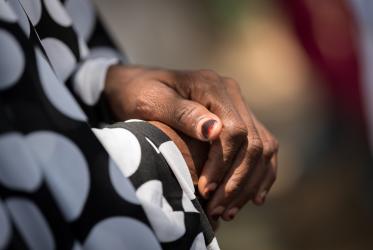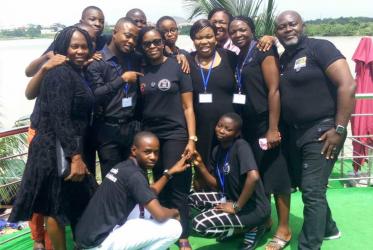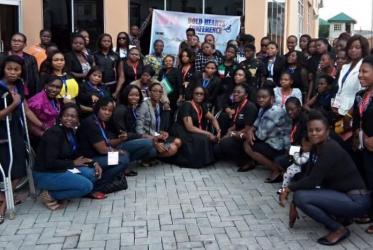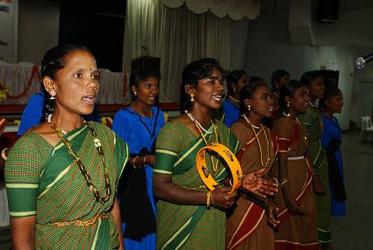Displaying 1 - 20 of 20
Promoting human dignity through art
06 September 2022
In a COVID-stricken world, “everyone is important”
23 October 2020
Advancing a disability-inclusive response to COVID-19
21 April 2020
The cry of the Papuans in Indonesia
14 November 2019
Youth leaders: “We will stop at nothing” to end HIV and violence
17 October 2019
A faith-based, holistic approach to HIV and AIDS-care
13 March 2019
Faith and HIV treatment go hand in hand
06 March 2019
Walking together against hatred and violence
26 February 2018
Person with disability shares reflection on AIDS conference
10 December 2015
Churches celebrate Week of Prayer for Christian Unity
23 January 2013










